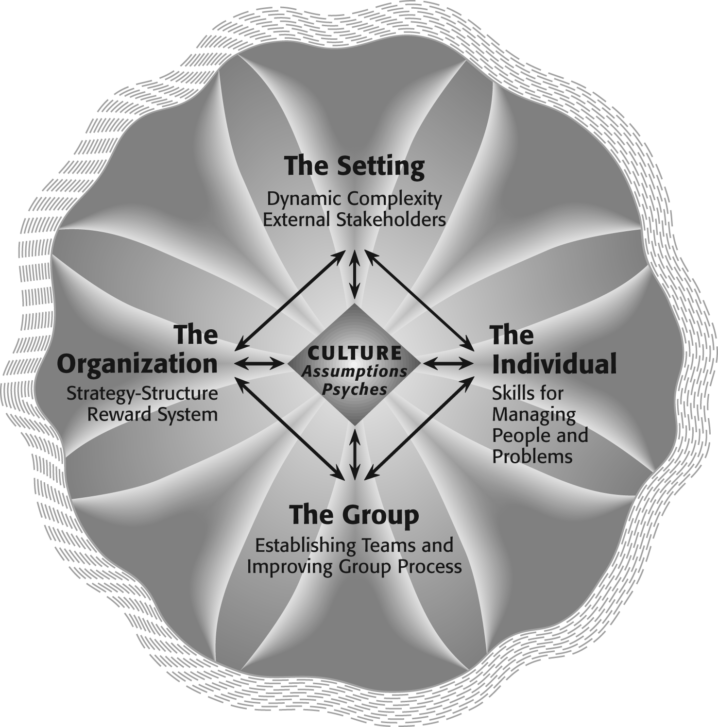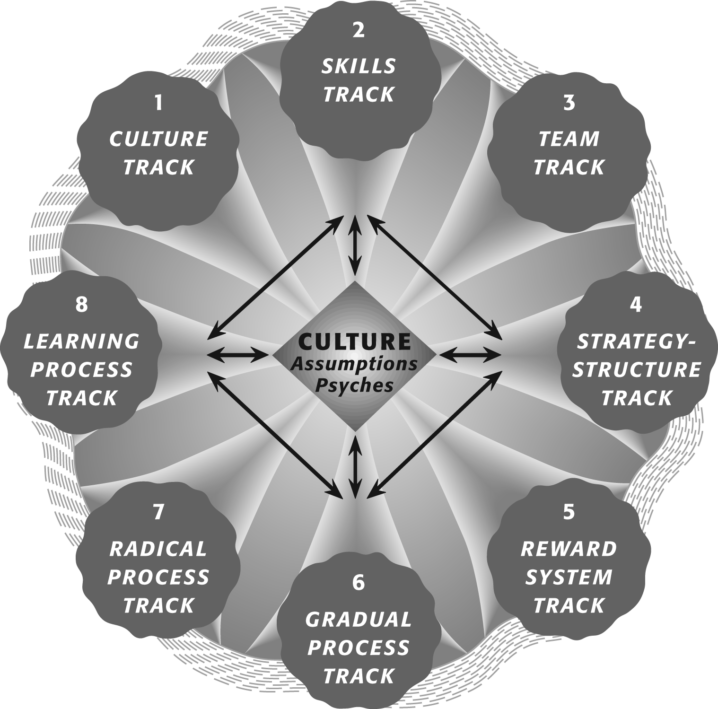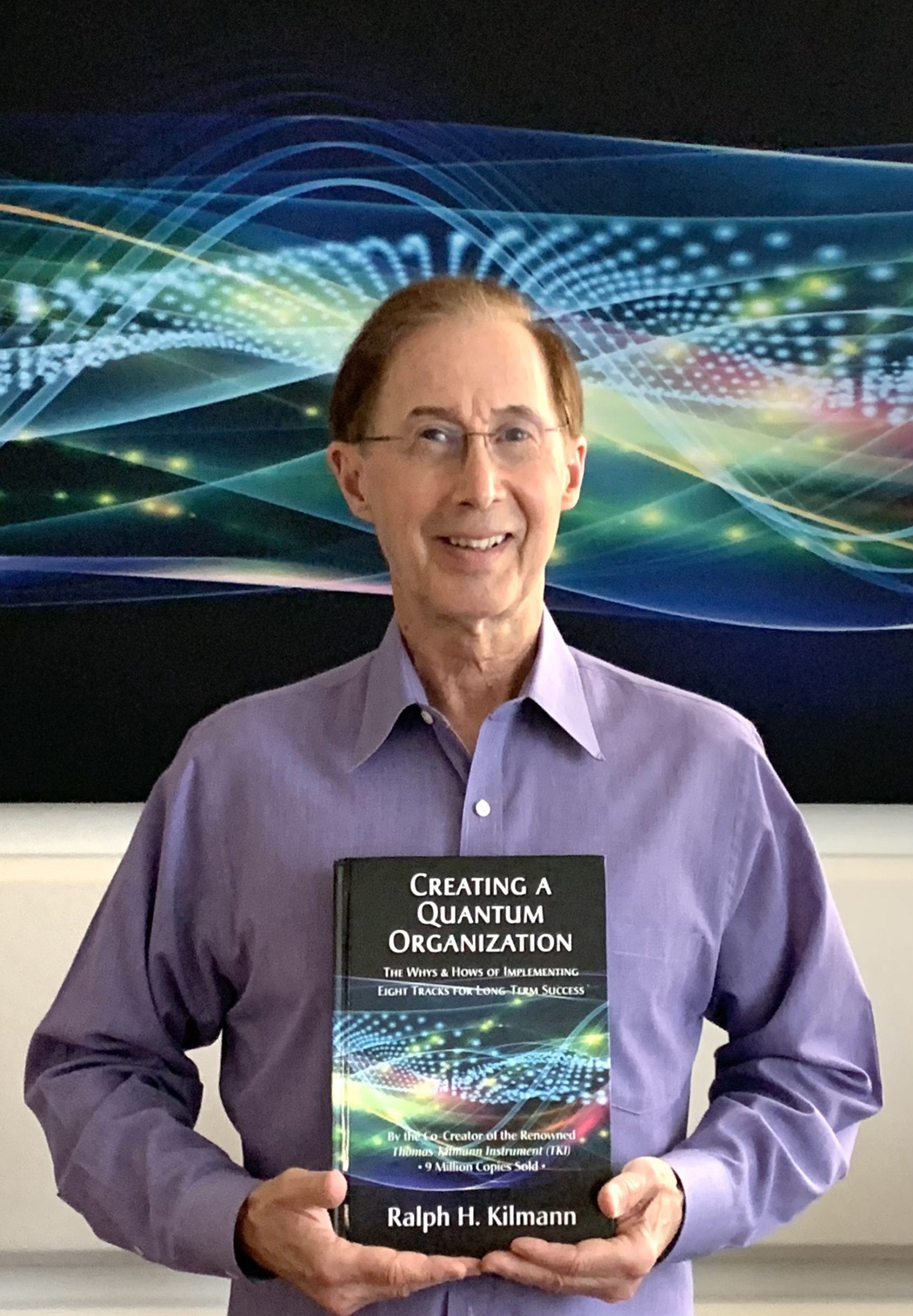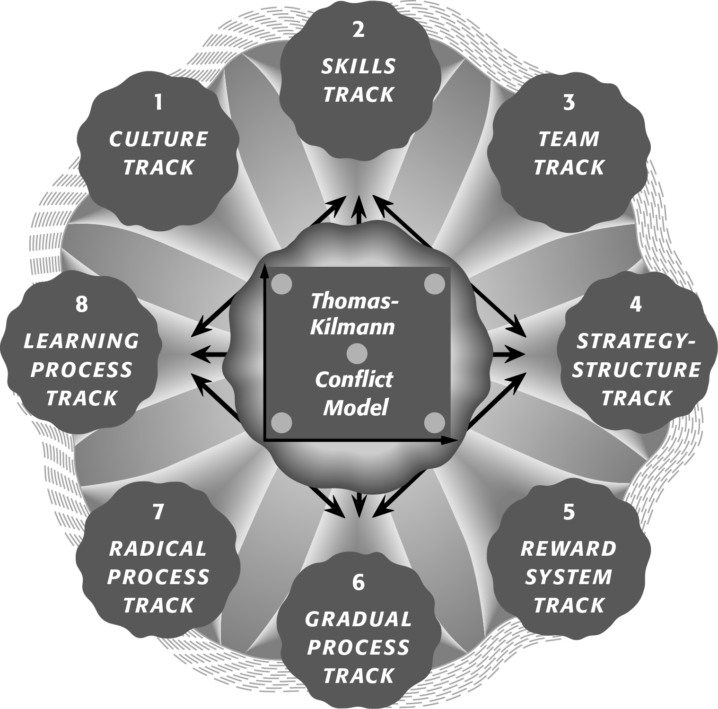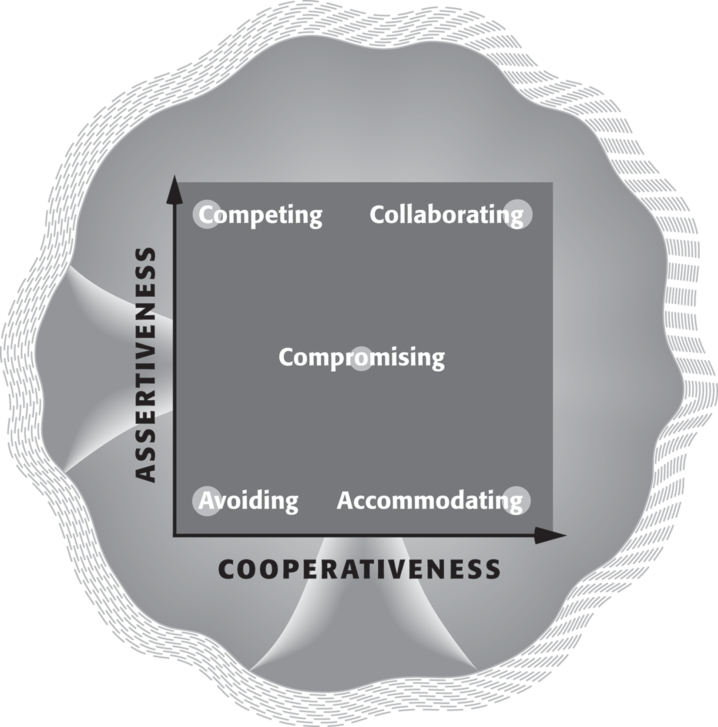Biography
Ralph H. Kilmann, Ph.D., is CEO of Kilmann Diagnostics (KD) in Newport Coast, California. In this capacity, he has created all of KD’s recorded online courses and assessment tools on conflict management, change management, expanding consciousness, and quantum transformation. Ralph’s online products are used by such high-profile organizations as Amazon, Bank of America, DuPont, Exxon Mobil, FedEx, GE, Google, Harvard University, JP Morgan Chase, Microsoft, NASA, Siemens, Twitter, the U.S. Army, and the World Health Organization.
Ralph earned both his B.S. in graphic arts management and M.S. in industrial administration from Carnegie Mellon University in 1970, and a Ph.D. degree in the behavioral sciences in management and social systems design from the University of California, Los Angeles, in 1972. After Ralph left UCLA, he immediately began his professional career as an Assistant Professor at the Katz School of Business, University of Pittsburgh. In 1991, the faculty awarded him the George H. Love Professorship of Organization and Management, which he held until 2002, when he relinquished his tenured faculty position. Instead of staying in Pittsburgh, Ralph moved to the West Coast, since he wanted to fulfill his California Dream, which led to the creation of Kilmann Diagnostics.
Ralph is an internationally recognized authority on systems change. He has consulted for numerous corporations throughout the United States and Europe, including AT&T, IBM, Ford, General Electric, Lockheed, Olivetti, Philips, TRW, Wolseley, and Xerox. He has also consulted for numerous health-care, financial, and government organizations, including the U.S. Bureau of the Census and the Office of the U.S. President.
Ralph has published more than twenty books and one hundred articles. He recently completed his LEGACY BOOK, which integrates everything he has created during the past five decades of his professional life: Creating a Quantum Organization: The Whys & Hows of Implementing Eight Tracks to Long-Term Success. Ralph is also the coauthor of more than ten assessment tools, including the Thomas-Kilmann Conflict Mode Instrument (TKI).
Click on Buttons to
Download Press Kit
Contact Information
If you would like to schedule a
media interview with
Dr. Ralph Kilmann,
please contact:
Maureen Kelly
(908) 938-2078
mkelly@bizbookpr.com
Ralph Kilmann’s Target Audience and Primary Mission for Creating a Quantum Organization
Dr. Kilmann’s “Legacy Book” is intended for the great variety of practitioners who are dedicated to helping people, organizations, communities and families achieve long-term success and satisfaction. Specifically, the relevant practitioners include trainers and facilitators; independent consultants; human resources executives; holistic change agents, executive and business coaches; mediators and ombudspersons; couple and family therapists; professors and students; international peace-builders; and project managers.
Dr. Kilmann’s book presents the theories and the methods for how to work with all kinds of organizations, large and small, in order to transform their “barriers to success” into “channels for success.” His completely integrated program of eight tracks provides the essential framework for achieving quantum transformation: culture track, skills track, team track, strategy-structure track, reward systems track, and the three process improvement tracks. This particular sequence of change initiatives is crucial for achieving long-term success. Indeed, any program of change or set of change initiatives that implements the eight tracks out of sequence, or fails to address all eight tracks in their entirety, will inadvertently prevent people and their organizations from realizing their dreams.
Here is the bottom-line question that Dr. Kilmann answers in his book: How can we transform our antiquated, sluggish, ineffective, and unfulfilling Newtonian organizations into vibrant, effective, and meaningful quantum organizations? Although an organization’s long-term success can never be guaranteed, especially in our increasingly fast-paced, diverse, interconnected global village, the probabilities are remarkably increased when all members become active and enlightened participants who are inspired to contribute all their wisdom, experience, passion, and mind/body/spirit consciousness to their revitalized — and fully aligned — quantum organization.
Summary
In his 2021 book, Creating a Quantum Organization, Dr. Kilmann presents everything that he has created during the past 50 years of his professional life on the four timeless topics: conflict management, change management, expanding consciousness, and quantum transformation.
This book is organized into 12 chapters that include many illustrations to take full advantage of the old adage: “a picture is worth a thousand words.” As such, Dr. Kilmann’s book includes 167 elegant illustrations that bring the quantum organization to life in a profound and dramatic manner.
For the millions of dedicated fans of the renowned Thomas-Kilmann Instrument (TKI), Creating a Quantum Organization makes explicit — and extensive — use of the TKI Conflict Model in virtually every chapter in the book. As a result, you’re bound to learn many more illuminating applications of the TKI Conflict Model than you ever thought possible.
In particular, discover how organizational members can resolve their ongoing culture conflicts between their actual (usually dysfunctional) cultural norms and more desirable (healthier) cultural norms that profoundly influence how members behave in the workplace; the skills conflicts that arise whenever members attempt to manage their recurring problems while each member is habitually making vastly different assumptions about what key stakeholders want and need; various team conflicts that typically disrupt group meetings, which then significantly sidetrack the team’s problem-solving discussions and can thus lead to all kinds of problem management errors; debilitating strategy-structure conflicts that emerge when considering whether to revitalize and then implement significant strategic and/or structural change; numerous reward system conflicts regarding how to design and administer a more effective performance appraisal system; and ongoing process conflicts in choosing which particular value-added business processes — if explicitly described, statistically controlled, and continually improved — will most likely enable the organization to achieve long-term success.



